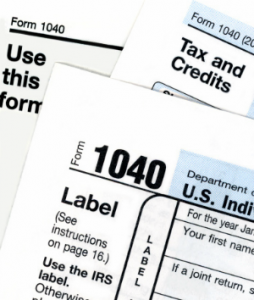healthcare reform
The IRS has released the final version of the forms and instructions as it relates to the new employer reporting requirements associated with the Employer Mandate and other Affordable Care Act (ACA) provisions. The forms are identical to the draft versions that were released last summer, but there have been revisions made to some of the instructions. The forms and instructions can be accessed below:
Section 6055 reporting (used to report which individuals are covered by the employer sponsored plan)
The Affordable Care Act (ACA) defines a small employer as one with up to 100 employees, but the law gave states the ability of using a definition of up to 50 employees until the end of 2015. As a result, most states, including Illinois, used a definition of up to 50 employees. However, that will change in 2016, and all states will be required to classify their small group market as up to 100 employees.
Why does this matter?
The IRS has released the maximum penalties that are payable by individuals who are without minimum essential coverage in 2015 and who do not qualify for an exemption from the Individual Mandate.
The maximum penalties for this year are the greater of:
-
$325 per uninsured adult or $162.50 per uninsured child under age 18. The maximum penalty using this method is capped at $975.
July 22nd was quite an eventful day as it relates to the Affordable Care Act (ACA). On the same day, two different U.S. Courts of Appeals came to opposite conclusions as it relates to the ability for federally-facilitated Exchanges to provide subsidies to enrollees.
Benefits Buzz
Enter Your Email









